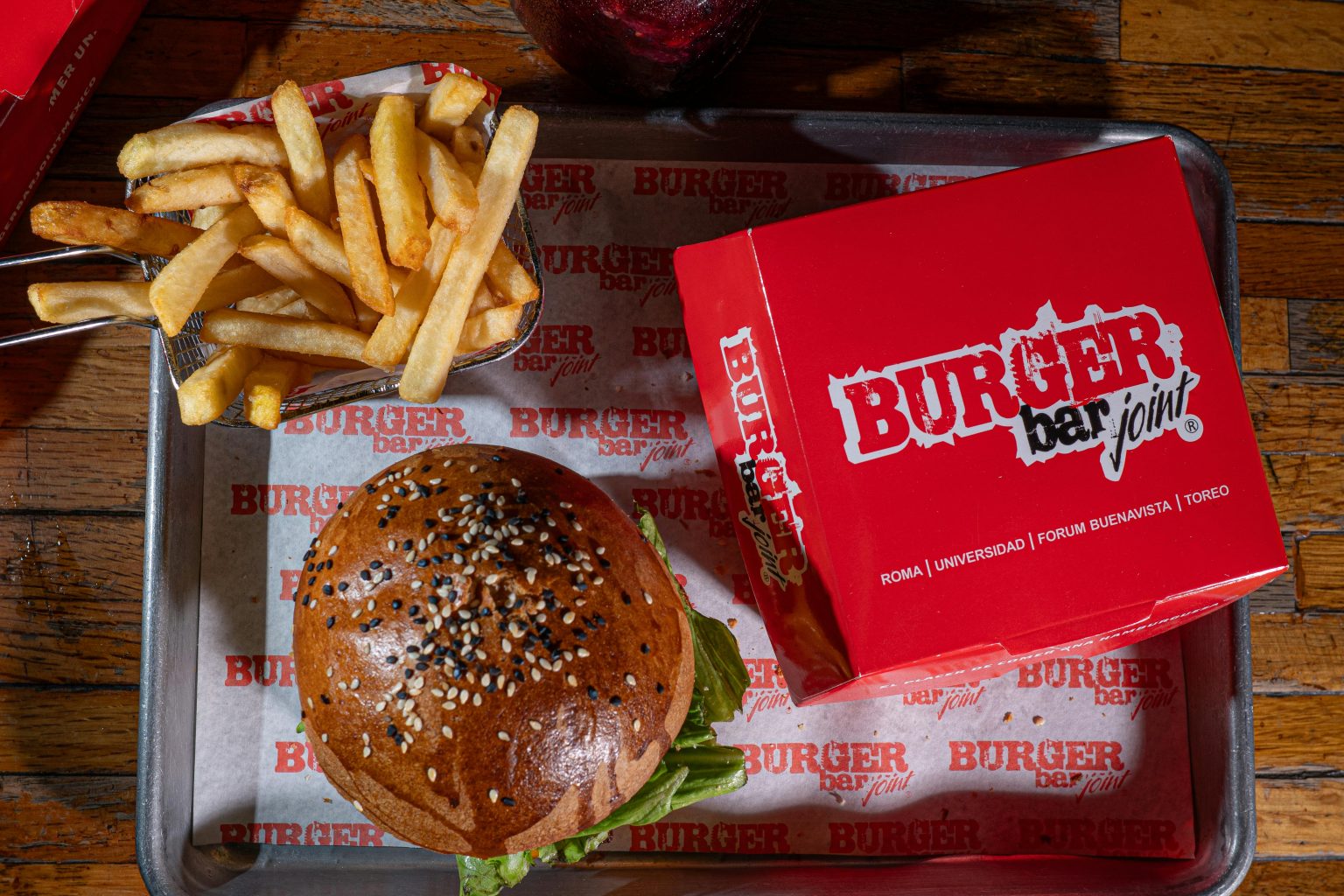Eco-friendly burger packaging has become a key consideration for restaurants, cafés and takeaways looking to reduce their environmental impact while delivering a practical and appealing product. As consumers in the UK and beyond increasingly seek out sustainable dining options, food packaging plays a vital role in shaping perceptions of responsibility and quality. When selecting eco-friendly burger packaging, it is important to carefully evaluate it:
- Ideally, custom food packaging should be made from renewable, biodegradable, or compostable resources. Popular choices include recycled cardboard, paperboard and plant-based materials such as bagasse, a by-product of sugarcane production. These alternatives are sturdy yet decompose more easily than plastic or polystyrene. Certifications such as FSC (Forest Stewardship Council) approval for paper products assure consumers that materials are sourced responsibly.
- Not all ‘eco’ materials are equally easy to recycle, particularly if they are lined with plastic films to make them grease-resistant. Therefore, it is important to seek packaging that can be fully composted in industrial facilities or widely recycled through municipal systems. Clear labelling on the packaging itself helps customers to dispose of it correctly, supporting real environmental gains rather than superficial claims.
- Eco-friendly burger boxes must retain heat, prevent leaks and keep burgers intact during transport. Innovations such as natural, plant-based grease-resistant coatings can provide the necessary barrier without the need for harmful plastics. Convenient features such as sturdy locking mechanisms or foldable clamshell designs reduce the risk of spills.
- Many sustainable packaging materials allow for custom printing with eco-friendly inks, enabling restaurants to communicate their commitment to sustainability and promote their brand identity. Visually appealing, responsibly sourced packaging can enhance customers’ impressions of both the food and the business.
- By choosing packaging suppliers within the UK or Europe, businesses can reduce transportation emissions and support stricter environmental regulations. Businesses can highlight this as part of their sustainability story to appeal to eco-conscious diners.
- Although sustainable options may initially be more expensive than conventional packaging, bulk purchasing and forming partnerships with suppliers can reduce costs over time. Customers are often willing to pay slightly more for food that comes in packaging that aligns with their values.
By prioritising renewable materials, recyclability, functionality and responsible sourcing, restaurants can adopt burger packaging that protects both their product and the environment while strengthening their reputation among environmentally conscious consumers.


